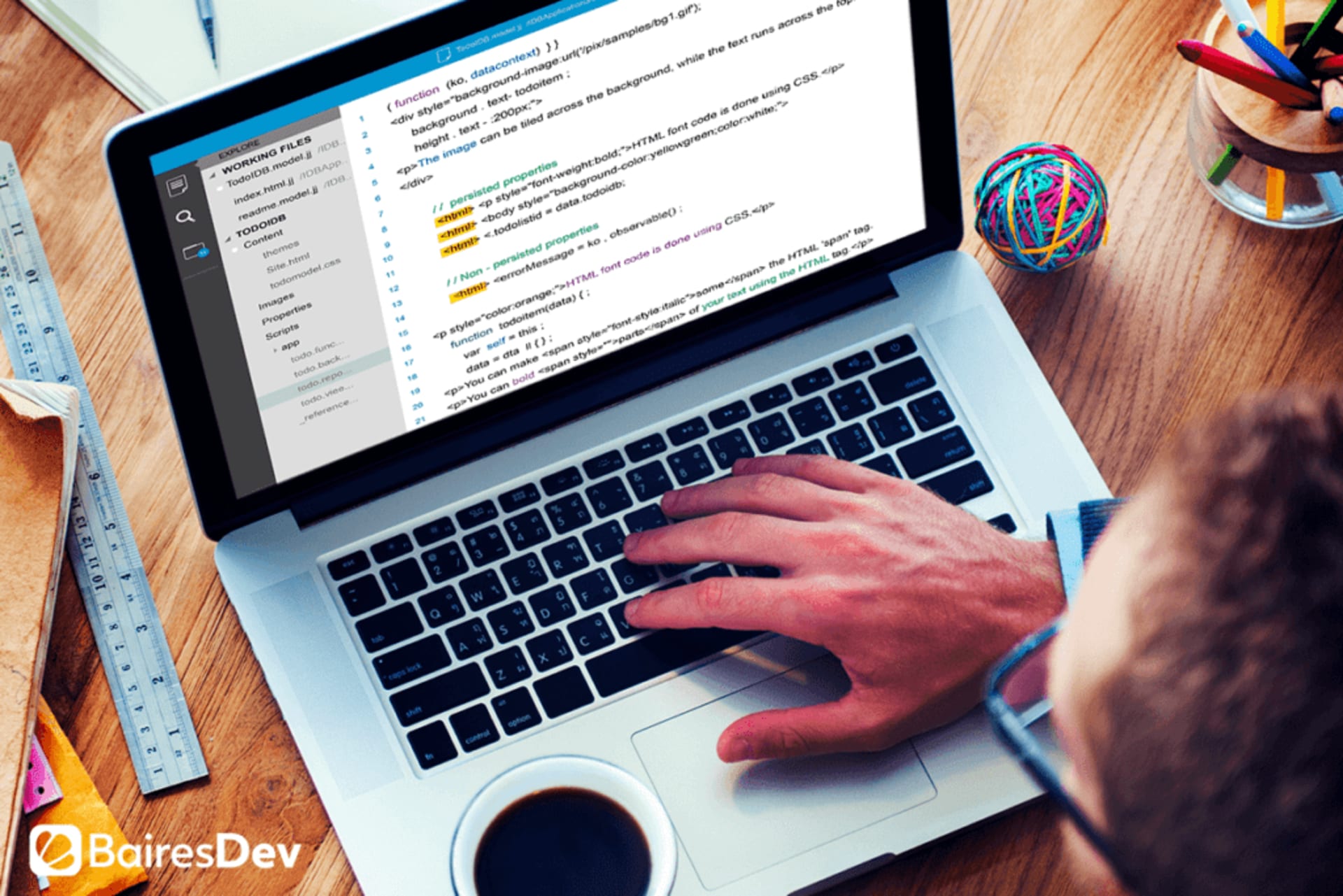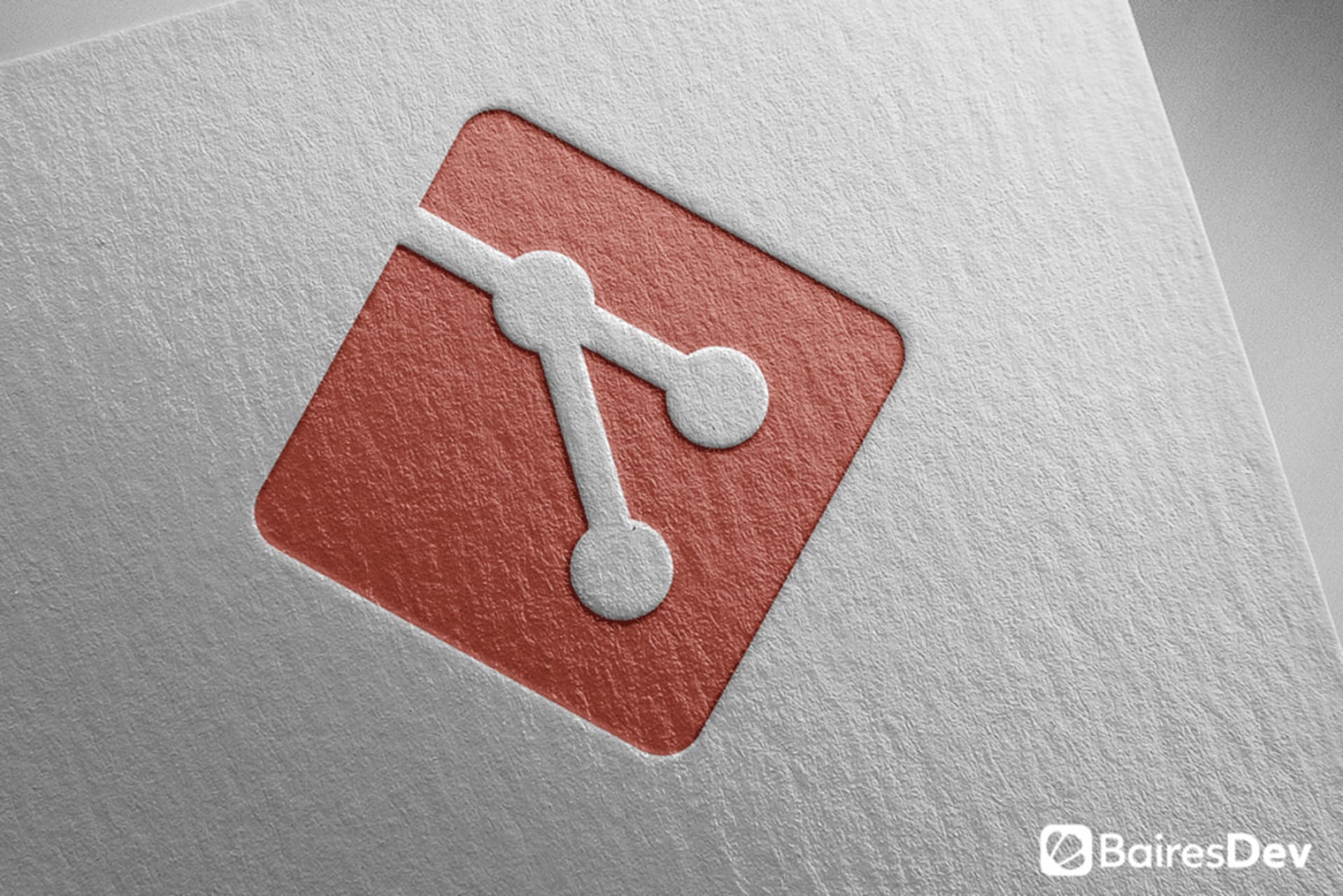PHP: it’s the clear choice for any and every web project, right? Well, not necessarily.
There are many people and businesses out there who may very well be wondering if PHP really is the best choice for their web projects, whether they are working on web applications, websites, or something else entirely. Even PHP programmers who have been using the language for web development purposes for a long time might be thinking about whether there is a better programming language out there for them to consider.
Are you among them? Then you have come to the right place.
If you are about to start a web development project, then chances are that you will think of PHP as the language that you should be using for server side coding. And that makes sense. After all, PHP is a wildly popular language and an established tool that has a proven track record of success. The language was released in the 1990s, and it certainly has longevity on its side and remains an important language in the web development space.

In fact, PHP is one of the most popular server-side programming languages available for web development — PHP code is used by 79.1% of all the websites that leverage this kind of programming. That’s an impressive figure.
So, seeing PHP as the go-to language for web development comes as no surprise. But is it necessarily the only choice — or even the best choice?
Should You Consider an Alternative Programming Language?
Sure, it is extremely popular. But at the same time, there are many people who still wonder if it is the best choice for their web development projects. There are numerous reasons for that, which can explain why they are looking for better alternatives to the tried and true PHP.
Are you part of this group that’s considering alternatives? Then you have come to the right place. I will provide you with a bird’s-eye view of the most popular alternatives to PHP and why you should consider them in web development and beyond.
Why Wouldn’t You Use PHP?

But before getting to the alternatives, I feel like I should start with the obvious question: why not use PHP, a good programming language that has proven its value time and time again? After all, we have already illuminated the many qualities and feature the language has, and it has shown that it is a great choice over its many years of existence.
But like I said above, there are some reasons that can lead you to consider whether there might be better — or at least other — options out there. Maybe you have personal preferences for other languages for whatever reason, or you may have had a bad experience with using PHP in the past. Either way, it is natural to be curious about how you might code differently with other choices in your arsenal.
Some people simply have preferences for other languages over the standard PHP, but aside from these personal perspectives and tastes, there may be additional motivations for looking elsewhere. Some of the recurring reasons why many developers and companies reject PHP for web development or other purposes in favor of other languages include the following:
- PHP is a forgiving language. To start, one of the most recurring opinions among web developers is that PHP is too forgiving of a language. This may sound like a good thing at first glance, but it actually means that the language is less focused, which allows PHP developers to avoid defining variable types when they are coding. This could easily lead to multiple errors that could cause multiple problems with performance and security, and that can be difficult to deal with down the line.
- It offers slow performance. Though some developers might argue that PHP’s out-of-the-box performance is decent enough, the reality is that PHP is fairly slow in execution. This is mainly because it is an interpreted language and not compiled. But that’s not all – the forgiveness I mentioned above can also lead to problems with loops, cache usage, and string manipulations. As any developer will tell you, bad performance can derail an entire project or product and turn users off.
- There is a lack of a clear philosophy. This might be a more arguable opinion, but many people see PHP as lacking a clear approach to coding. To some, that is actually one of its strengths because it means that they can take PHP anywhere they want and be creative and innovative in their approach. For developers who crave independence and flexibility, this could be exactly what they’re looking for. But on the other hand, for many others, this is a huge issue because it can quickly become an obstacle that prevents PHP from actually helping developers during the development process and instead become a hindrance, leading to a slower, more involved, and more complicated development process.
An experienced team or a PHP development outsourcing company with enough projects under its belt can quickly navigate these issues and overcome them. But it is true that they call for expert professionals to do that, which means that PHP can become rather problematic in the hands of inexperienced developers. So, if you don’t have access to an expert team, it’s only natural to look elsewhere.
Moreover, it is never a bad thing to have other approaches and alternatives that you can turn to. After all, the development space is an environment that demands constant and continuous innovation, and having a variety of tools, including multiple programming languages, to choose among means a better, more powerful system and approach.
So, in a nutshell, these reasons are why some companies are looking for PHP alternatives like the ones I have included below.
The 7 Most Powerful PHP Alternatives

Here, we will take a look at the 7 best PHP alternatives, ones you should consider for any web development scenario. These are by no means the only options you might want to look at, but they are widely considered to be viable languages for a variety of purposes, including web development.
Python
Advantages: It offers high performance, great for data sets and data analysis, built-in functions specifically designed for web development, ideal for machine learning algorithms, secure language
Disadvantages: Poor memory consumption/weak efficiency, slow speed, some runtime errors, not the best choice for mobile app development
Java
Advantages: Offers the ability to build clean, structured code, less error-prone, portable, cross-platform, comes with many powerful frameworks to facilitate easier development, secure language
Disadvantages: No backup facility, low-level programming, time-consuming compiling, poor GUI
Go
Advantages: Streamlined syntax, many efficient tools and features, easy to learn, offers garbage collection, concurrent, ultra fast
Disadvantages: Time-consuming, relatively young, error management is not perfect
Javascript
Advantages: Full-stack language, extremely popular, huge community, high performance, attractive interfaces, simple, interoperable, many frameworks and tools available to support the development process
Disadvantages: Permissive, debugging is difficult, can be vulnerable on the client side
Ruby
Advantages: High development speed, debugging support, secure language especially when used with Ruby on Rails, easy to maintain, dynamic language, user and beginner-friendly, simple, powerful frameworks
Disadvantages: Not as safe as some other popular languages, small community, slow performance
C#
Advantages: Modern, expressive, user-friendly, widely applicable, stable, well-designed, many free tools to support development available
Disadvantages: Some developers consider it to be complex, steep learning curve, depends on .NET
Elixir
Advantages: Scalable, functional, high performance, fault tolerant, concurrent, offers extensive documentation, interactive,
Disadvantages: Can be difficult to switch to after using alternative languages, the ecosystem is immature, relatively small community, somewhat expensive, must know Erlang to use it, slow processing speed
#1 Python
One of the most popular programming languages in the world, the much-loved Python is a highly powerful alternative to PHP for a wide range of web development projects. This is because it provides advanced functionality for superb performance, especially when it comes to processing and management of large data sets. That power takes the spotlight when your project contemplates numerous automation scripts and analytic systems.
Besides, Python has an interesting array of built-in functions specifically tailored to web development that allow you to build your project quickly while at the same time reducing the overall costs of development. Finally, Python is one of the languages used for developing machine learning algorithms, which means that your web project can get even more sophisticated with smart features.
It is important to note that Python is not only limited to the web development space. It has a huge number of applications and really shines in areas like data analysis. So, Python is also an extremely versatile language.
#2 Java
The other big contender in the programming world, Java is a strongly typed language that provides the discipline developers lack with PHP. In other words, Java gives you the ability to build cleaner and more structured code, which, at the end of the day, reduces the possibility of introducing the errors that PHP is more prone to introduce (especially when it’s in the hands of inexperienced engineers).
Highly portable and cross-platform, Java also has an impressive performance, thanks to its parallel task execution and its support for concurrency. What’s more – the language is better positioned when it comes to modularizing your web applications, which ultimately impacts how easy it will be for you to create and update your applications. Finally, it is worth mentioning that Java has plenty of powerful frameworks that make developing projects easier and quicker.
Remember, too, that Java is comparable to PHP in terms of longevity, so it is another tried and true option to consider.
#3 Go
If you prefer to pick a newer option than Python or Java, you can always choose Go, also called Golang (as in Go Language), a relative newcomer to the web development field. Created and supported by Google, this programming language has a simple goal: to provide you with efficient tools and features to build highly scalable applications in the easiest way possible.
To achieve that goal, Go boasts a streamlined syntax that nonetheless supports task concurrency and parallelism. This is especially useful when you are building distributed applications, which are perfectly suited for optimal performance in cloud-based environments and corporate networks.
#4 Javascript
One of the most popular languages in the world, particularly when it comes to web development, JavaScript emerged in the 1990s as a scripting language and cannot be omitted from a list of the best PHP alternatives — or really any list of top programming languages for any purpose, period.
This versatile language is a powerful tool that many developers have come to rely on when devising websites and web applications, one that can be used for both backend or server-side development and front-end or client-side development alike.
JavaScript has a huge, active community, offering plenty of support to new and seasoned developers. It is also very easy to learn and provides cross-platform capabilities. This is the tool to have if you want to create any type of dynamic product and bring life to it. Any time you see animations, dynamic maps, graphics, and really any automated and attractive elements — the ones that make a website or app, well, appealing — you usually have JavaScript to thank for that.
#5 Ruby
Ruby is another one of the top PHP alternatives to consider. Ruby is an excellent choice for beginners given how user-friendly and easy to understand it is. Despite its simplicity, it is a powerful language that can make your web pages dynamic. It is also highly productive
Of course, anyone familiar with Ruby has heard of Ruby on Rails. Although it is not the only Ruby framework available, it is by far the most popular one. In fact, it could reasonably be said that it’s the most popular web framework in the world for any programming language.
Ruby on Rails, also called RoR or simply Rails, has dramatically extended the capabilities of the language, making it an even more powerful dynamic language.
#6 C#
C#, pronounced C sharp, is an object-oriented programming language that was developed by Microsoft and is linked to the .NET framework. That means it has many helpful libraries associated with it. Logical, well-designed, stable, intuitive, and versatile, C# is growing in popularity, thanks to qualities like user-friendliness, an ability to be applied to multiple types of projects, and elegance.
Of course, there is also the fact that it was developed by and continues to be supported by one of the largest tech giants in the world.
In terms of comparing C# to PHP, the former language is more commonly used for products that are not web applications, although it can be applied to a range of projects. And when it comes to learning C#, if you already know how to code in languages like C++ and Java, learning the language will be a breeze.
#7 Elixir
Elixir, a relative newcomer to the scene that was created in 2012, is widely applicable to numerous project and products already, such as blockchain, the Internet of Things (IoT), and much more. Easy to learn and use with clean syntax, the language is considered highly approachable and scalable and offers plenty of excellent attributes and qualities.
Already, the Elixir ecosystem has plenty to offer. And the language continues to be widely adopted by web programmers as a great alternative to PHP.
Picking the Right Alternative
Before choosing the best PHP alternative, you should have a clear understanding of which issues are driving you to it. Why? Because the issues you have with PHP might be easily solved with the right PHP development team by your side. Experts in the language can help you navigate through the challenges and drawbacks and show you that the things that are pushing you to the PHP alternatives are not as complicated as you may think they are at first.
You shouldn’t forget about the many attributes of this important language. PHP has a lot to offer, and even when you take into account its drawbacks and limitations, you shouldn’t immediately dismiss it before attempting to work through the challenges with top professionals on your side.
After attempting to resolve these issues, you might still want to go with another programming language. That’s perfectly fine and, thankfully, you have some pretty powerful options to go to. It could also simply be the case that you don’t always want to rely on PHP, and that’s certainly okay, too!
The 7 languages we have listed and evaluated here are all excellent choices, and they can help you easily tackle many of PHP’s known issues and challenges. That doesn’t mean they are the only alternatives, but they are the best places to start your search for the right alternative.
If you enjoyed this, be sure to check out our other PHP articles.





